Air Filters: What They Do and How to Keep Them Healthy
Ever wondered why a dusty filter can make your car feel sluggish? An air filter stops dirt, pollen, and tiny particles from getting into the engine and the cabin. Clean air means smoother power delivery, better fuel economy, and a fresher ride for you and your passengers.
Forget the myth that any filter will do. The right filter matches your driving style, climate, and how often you hit the road. Below we break down the two main types and give you practical steps to pick and look after the best one for your vehicle.
Engine Air Filters vs. Cabin Air Filters
An engine air filter sits right at the intake, catching grime before it reaches the combustion chambers. When it’s clogged, the engine has to work harder, which raises fuel consumption and can cause premature wear. Most cars use a paper or foam element that you can replace every 12,000‑15,000 miles, but performance enthusiasts often opt for a high‑flow cotton or synthetic filter for a bit more power.
Cabin air filters, on the other hand, protect the interior. They filter out pollen, dust, and exhaust fumes before the air hits your lungs. If you have allergies or drive in a city with a lot of traffic, a good cabin filter is a must. These usually last 15,000‑20,000 miles, but a dirty one can leave you coughing or smelling unpleasant odors.
Tips to Choose and Maintain Your Air Filters
1. Know your car’s specs. Check the owner’s manual or the label on the existing filter. It will tell you the size, shape, and recommended type. Using the wrong size can lead to leaks and reduced performance.
2. Pick the right material. Paper filters are cheap and easy, but they’re one‑time use. Foam or cotton filters can be cleaned and reused, saving money in the long run. If you live in a dusty area, a high‑capacity filter like MERV 13 can handle more particles without choking the engine.
3. Replace on schedule. Set a reminder based on mileage or time. A visual check helps—if the filter looks dark or gritty, swap it out. For cabin filters, a smell of musty air is a clear sign it’s time.
4. Install correctly. Make sure the filter sits snugly and the airflow direction arrow matches the flow inside the engine bay. A mis‑installed filter can let unfiltered air in, defeating the purpose.
5. Consider professional cleaning. If you use a reusable filter, follow the manufacturer’s cleaning steps. Usually that means a gentle brush, a mild soap solution, and letting it dry completely before reinstalling.
By staying on top of filter health, you’ll notice smoother acceleration, fewer engine noises, and cleaner air inside your car. It’s a tiny task that protects big, costly components and makes every drive more comfortable.
Need a new filter? Our shop in Northwich stocks a full range—paper, cotton, foam, and high‑efficiency MERV options. Swing by for quick advice, and we’ll fit it for you while you wait.
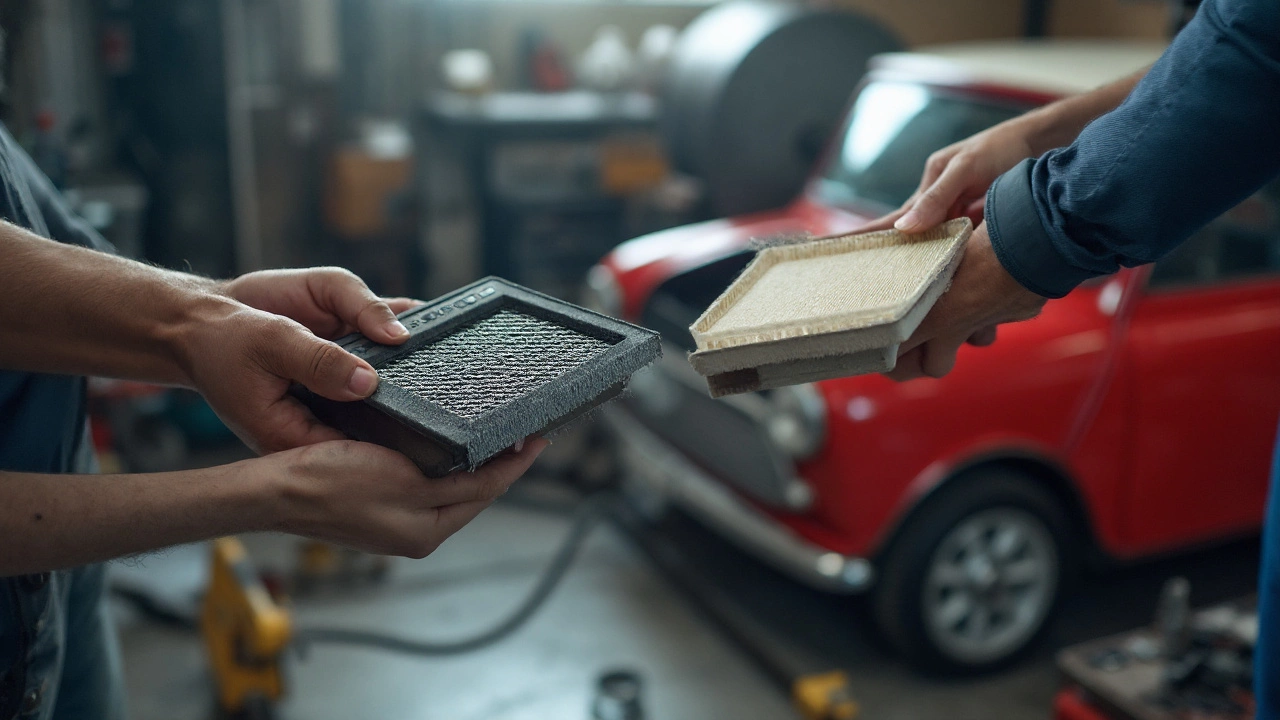 8 August 2025
8 August 2025
Are Expensive Air Filters Worth It? Comparing Air Filter Effectiveness
Wondering if pricier air filters actually keep your car safer or just empty your wallet? This article breaks down the facts, explains different types, and tells you what really works.
 22 May 2025
22 May 2025
MERV 11 Filters: Are They Too Restrictive for Your HVAC?
Worried that a MERV 11 filter could restrict your HVAC airflow or bump up your energy bills? This article digs into what makes MERV 11 filters different, explains how they work with typical home systems, and shares facts that could save you money and hassle. You'll find out if these filters are really too much, or if they're just right for better air quality. We'll go over real-life tips and help you decide if you actually need this level of filtration. Stop guessing—get the answers you need to keep your air clean without wrecking your system.
 12 May 2025
12 May 2025
HVAC Air Filters: Which Type Gets Used the Most—and Why?
Most HVAC systems run on one basic filter design, but there’s more behind the choice than you might expect. This article goes straight to the most common filter, explains what it does, and breaks down why homeowners stick with it. Get clear on how filter types impact air quality, system efficiency, and your wallet. Solid tips show how to spot and maintain the right filter for your space. Got allergies or pets? You’ll want to know what makes the difference.
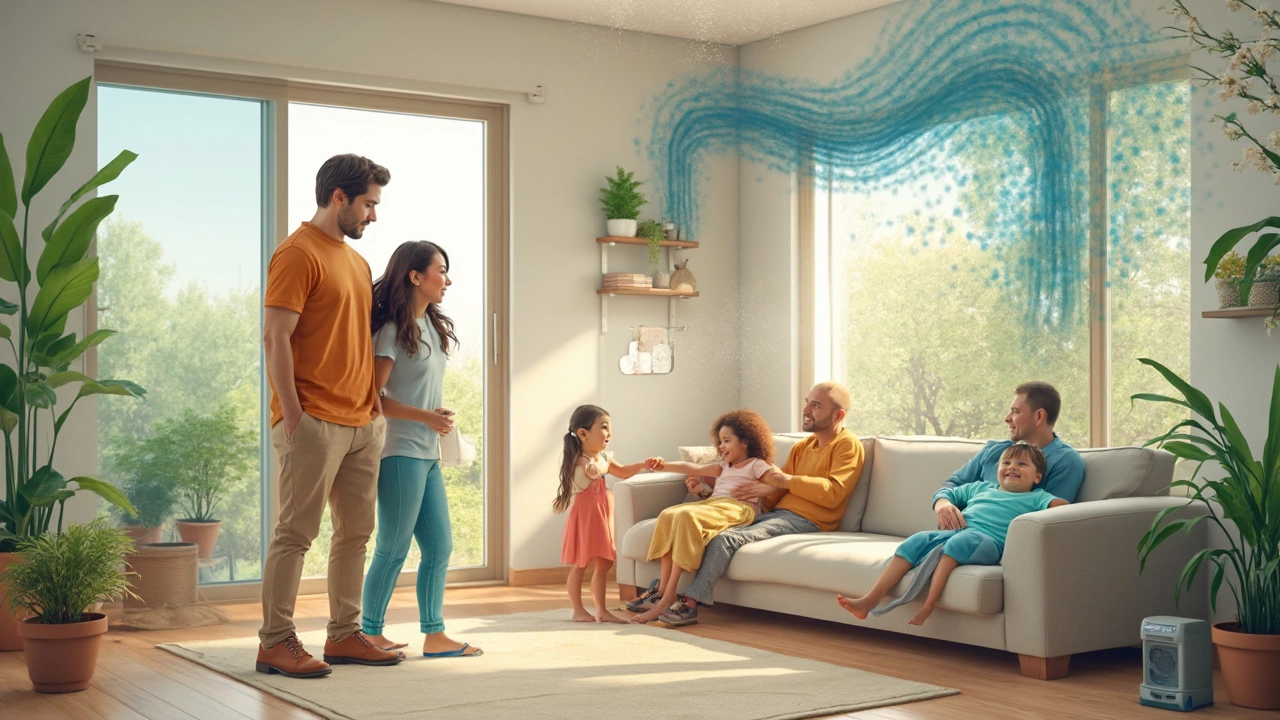 1 April 2025
1 April 2025
Unlocking the Secrets of Air Filters: Why They're More Important Than You Think
Air filters play a crucial role in maintaining air quality by removing dust, allergens, and pollutants. They protect not only our health but also the efficiency of HVAC systems. Learn about different types of air filters and their specific benefits for both home and workplace environments. Discover practical tips for choosing and maintaining the right air filter for your needs.
 3 March 2025
3 March 2025
The Best Air Filters: What Works Best for You?
Choosing the right air filter can make a huge difference in the quality of air you breathe at home. From HEPA filters to electrostatic options, each type has its own strengths. Understanding the differences provides better air quality and even health benefits. Discover interesting facts about various air filters and practical tips for selecting the right one for your needs.
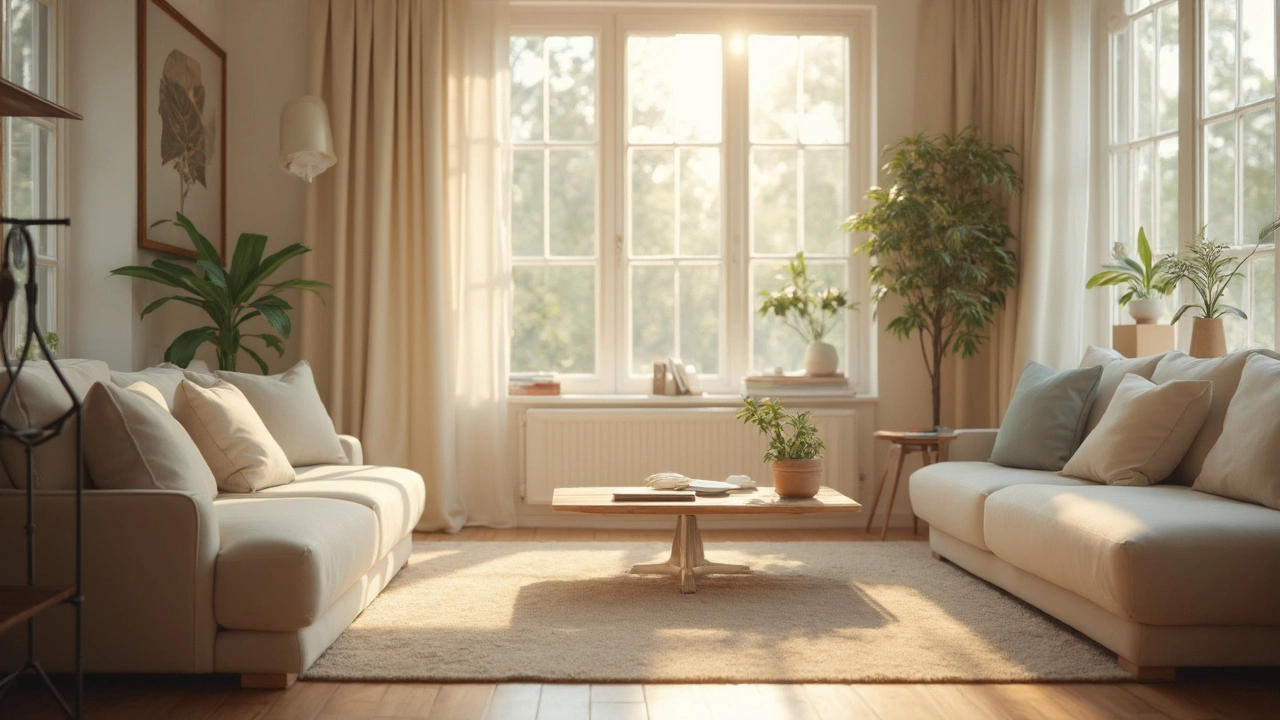 22 February 2025
22 February 2025
Three Types of Air Filters to Improve Your Indoor Air Quality
Air filters come in various types, each serving unique purposes in improving indoor air quality. The three main types are HEPA filters, activated carbon filters, and electrostatic filters. Each type has its own advantages, with HEPA filters capturing the tiniest particles, activated carbon filters tackling odors, and electrostatic filters being washable and cost-effective. Understanding the differences helps you choose the right one to keep your home environment fresh and breathable.
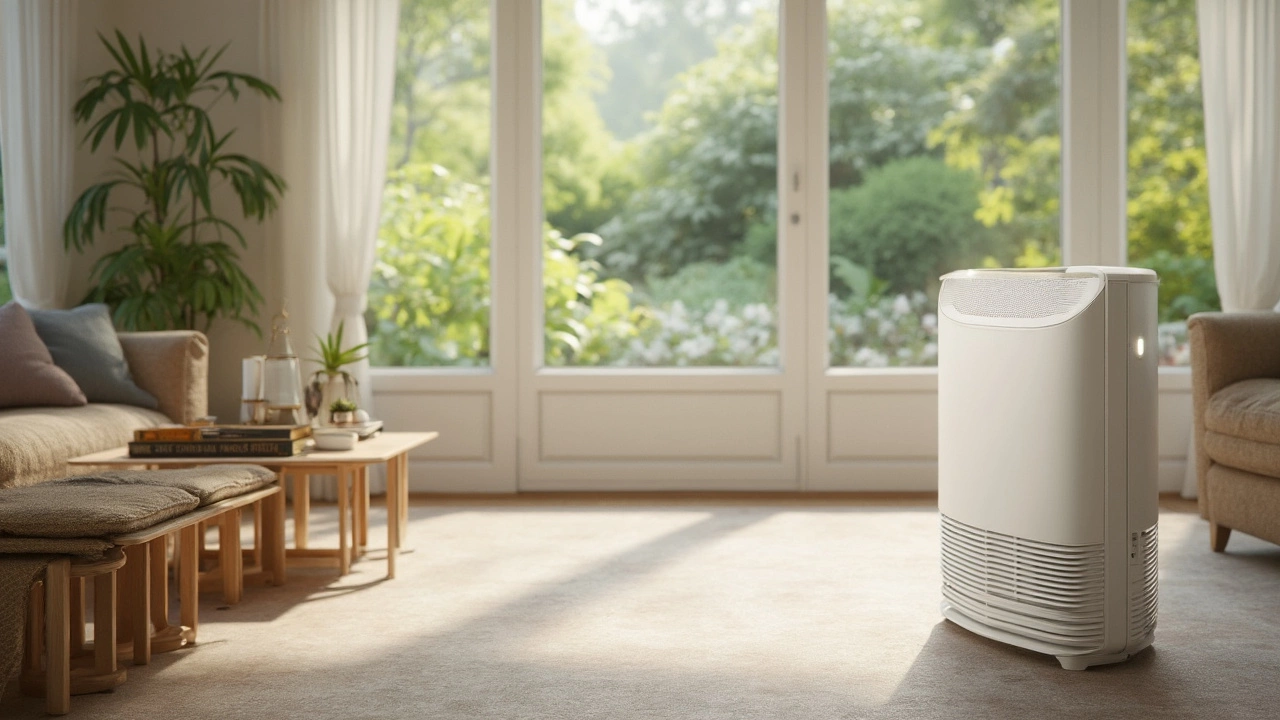 9 February 2025
9 February 2025
Are Filtrete Filters Worth the Money for Cleaner Air?
Explore whether Filtrete filters are worth their price by diving into their benefits, effectiveness, and cost in comparison to other options. Learn how they can impact indoor air quality and extend HVAC systems' life. Discover tips on selecting the right model and where to buy these filters for maximum convenience and efficiency. Understand the role these filters play in reducing allergens and pollutants in your home. Decide if Filtrete is the smart choice for your air filtration needs.
 27 January 2025
27 January 2025
How to Know When It's Time to Replace Your Air Filters
Changing air filters regularly is crucial for maintaining the indoor air quality and efficiency of your HVAC system. The frequency of changing air filters depends on various factors including the type of filter, the presence of pets, and air quality concerns. Understanding these factors can help you set a proper schedule for filter replacement. This article discusses the signs to look out for, types of filters, and how different home environments affect filter longevity.
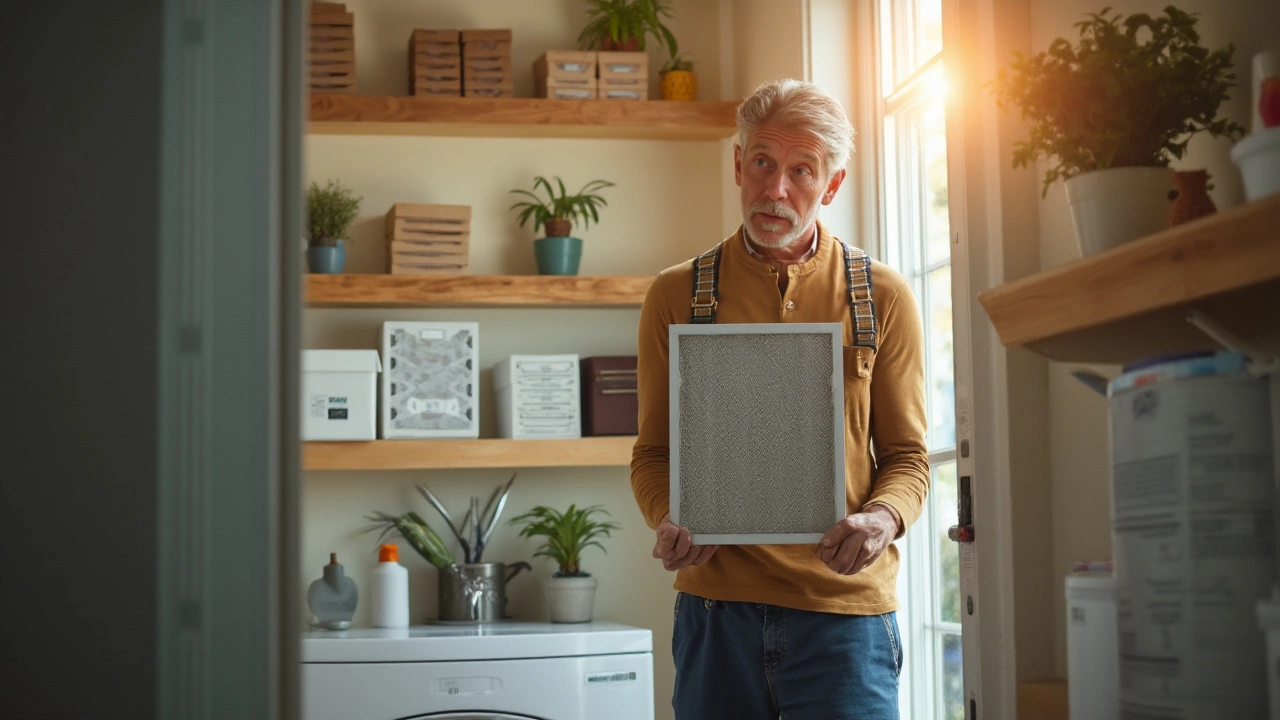 26 January 2025
26 January 2025
Is MERV 11 the Right Choice for Your Home's Air Quality?
Choosing the right air filter for your home can be challenging, with options varying in terms of efficiency and performance. This article explores whether MERV 11 filters are suitable for residential settings by analyzing their benefits and potential downsides. Discover how MERV 11 compares to other filter ratings and what factors homeowners should consider for optimal indoor air quality. Learn practical tips to ensure your filter is the best fit for your home environment.
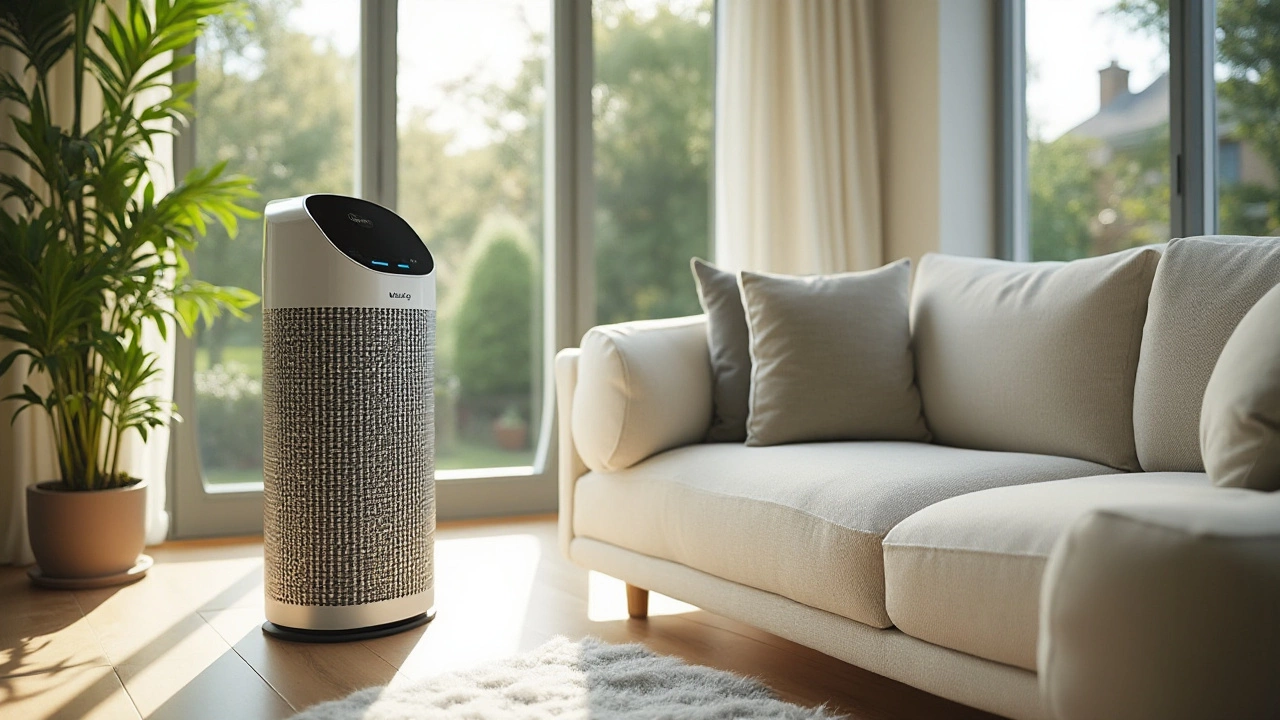 5 January 2025
5 January 2025
Do High-Cost Air Filters Actually Perform Better?
In the pursuit of cleaner indoor air, many consumers are faced with a choice: do they splurge on more expensive air filters, or are the cheaper options just as effective? This article explores whether high-priced air filters truly deliver superior performance, considering factors like filtration technology, lifespan, and maintenance requirements. It provides insights into the core differences between various types of air filters and discusses whether investing in pricier alternatives is necessary for improved indoor air quality. Readers will gain knowledge on what to look for based on their specific needs and how to make an informed decision.
Latest Posts
-

Bad Fuel Pump vs Fuel Filter: How to Spot Car Fuel System Problems
-
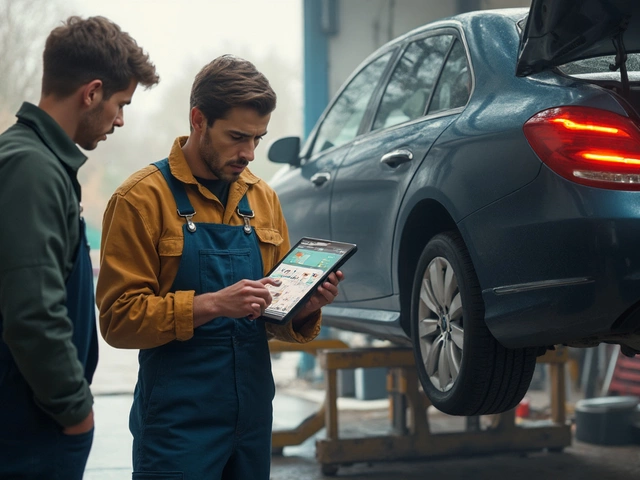
How Long Does It Take to Fix a Fuel Pump? Real-World Timelines and Tips
-

What Is the Most Common Problem in a Suspension System?
-
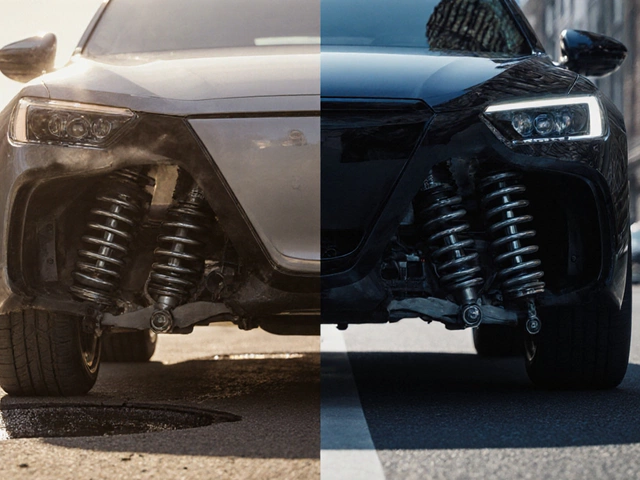
Soft vs Stiff Suspension: Which Is Better for Your Car?
-

How Does Your Car Act When It Needs Oil? Signs You Can't Ignore
Tags
- car maintenance
- engine oil
- spark plugs
- brake pads
- engine performance
- vehicle maintenance
- windshield wipers
- fuel pump
- clutch replacement
- spark plug replacement
- clutch kit
- suspension parts
- car performance
- oil change
- air filters
- car suspension
- car radiator
- exhaust systems
- fuel pump failure
- car radiators

0